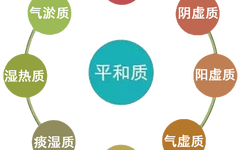In this vast world, each person exhibits unique traits. Everyone inherits different genetic characteristics from their parents, making them a special individual. Do you know what your constitution is?
Traditional Chinese Medicine (TCM) uses observation, listening, inquiry, and pulse-taking to gather information about a patient’s physical condition, including complexion, voice, body shape, activity level, tongue coating, and pulse to determine an individual’s constitution.
TCM classifies constitutions into the following nine types: Pinghe zhi (Balanced Constitution), Qi Xu zhi (Qi Deficiency Constitution), Yang Xu zhi (Yang Deficiency Constitution), Yin Xu zhi (Yin Deficiency Constitution), Tan Shi zhi (Phlegm-Damp Constitution), Shi Re zhi (Damp-Heat Constitution), Xue Yu zhi (Blood Stasis Constitution), Qi Yu zhi (Qi Stagnation Constitution), Te Bing zhi (Special Constitution). Each person’s environment and daily life differ, leading to variations in constitution. Understanding your constitution allows for targeted treatment and appropriate self-care.
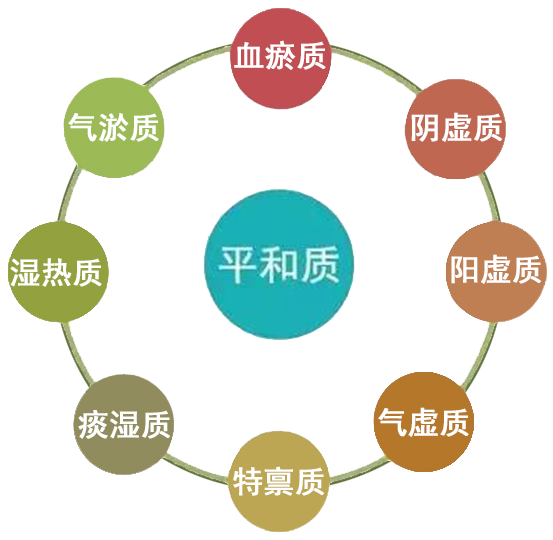
Today, we will specifically discuss the identification and management of the Qi Xu zhi (Qi Deficiency Constitution) in TCM.
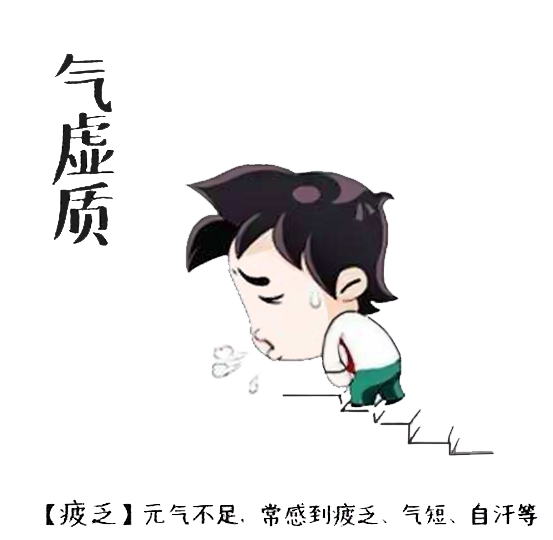
Identification
Physical Characteristics: Muscles are soft and not firm.
Common Manifestations: Usually has a weak voice, shortness of breath, reluctance to speak, easily fatigued, and low energy; tongue is pale red with tooth marks on the sides, pulse is weak.
Psychological Characteristics: Introverted personality, not fond of taking risks.
Tendency to Illness: Prone to colds, organ prolapse, etc.; slow recovery after illness.
Adaptability to External Environment: Sensitive to wind, cold, heat, and dampness.
Postnatal Factors: Excessive fatigue, prolonged illness, weak spleen and stomach function, poor nutrition.
Management
Management Principles: Tonify Qi and strengthen the spleen (tonifying the spleen and stomach).
Dietary Management: Red dates (Hong Zao), yam (Shan Yao), consume foods that tonify Qi and strengthen the spleen, such as yellow soybeans (Huang Dou), white lentils (Bai Bian Dou), chicken, etc., and limit consumption of hollow vegetables and raw radishes.
Recommended Medicinal Dish: Astragalus Chicken and Yam Congee.
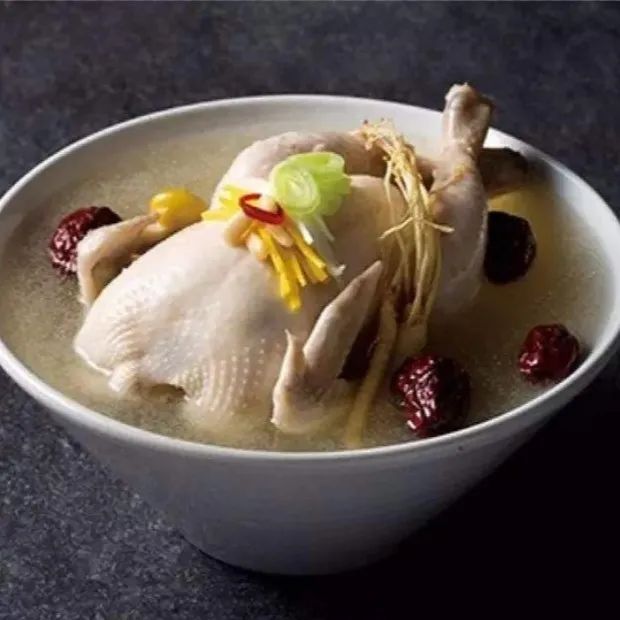
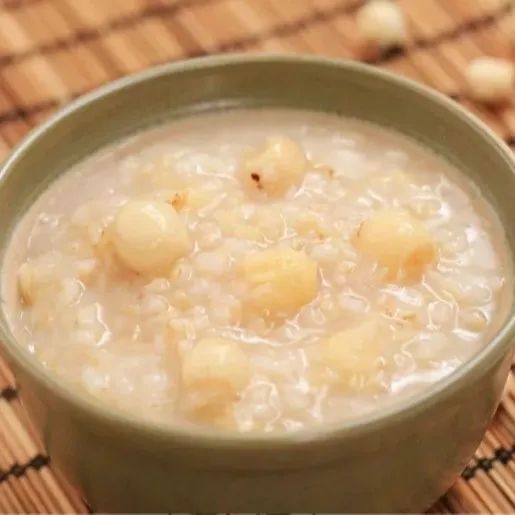
Exercise Management: Suitable for walking, practicing Tai Chi or Ba Duan Jin, swimming, and cycling.
Herbal Management: Commonly used herbal formulas include Si Jun Zi Tang (Four Gentlemen Decoction) and Bu Zhong Yi Qi Tang (Tonify the Middle and Augment the Qi Decoction).
The spleen is the source of Qi and blood production, known as the “foundation of postnatal life.” By tonifying Qi and strengthening the spleen, the body can enhance the digestion and absorption of nutrients. When Qi and blood are sufficient, it can correct the state of “Qi deficiency,” thus achieving the goal of Qi tonification.
Custom Formula: Astragalus (Huang Qi) 15g, Codonopsis (Dang Shen) 15g, Fried Atractylodes (Bai Zhu) 10g, Dried Tangerine Peel (Chen Pi) 6g, Poria (Fu Ling) 10g, Chinese Yam (Huang Shan Yao) 15g, Honey-fried Licorice (Zhi Gan Cao) 6g.
This formula is a modification of Si Jun Zi Tang and Bu Zhong Yi Qi Tang, designed to tonify Qi and strengthen the spleen, showing good management effects for Qi deficiency constitution in clinical practice.
Emotional Wellness: Maintain an optimistic attitude, love life, and have interests and goals.
Recommended Technical Interventions:
(1) Gua Sha on the back corresponding to the lung and spleen-stomach areas;
(2) Abdominal warm scraping;
(3) Moxibustion at Yin Ling Quan (SP9) and Zu San Li (ST36), and acupressure on Bai Hui (GV20).
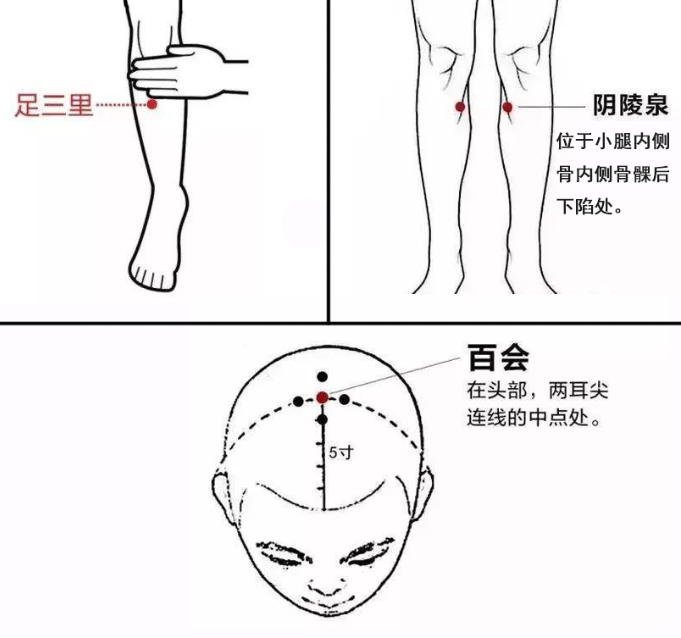
Tianshui City Traditional Chinese Medicine Hospital, Health Examination Department
Life is fragile; medicine has its limits.
Risks can be controlled; health relies on management.

Address: No. 6, Jihebei Road, Tianshui City, Gansu Province
Contact Number: 0938-8218902

